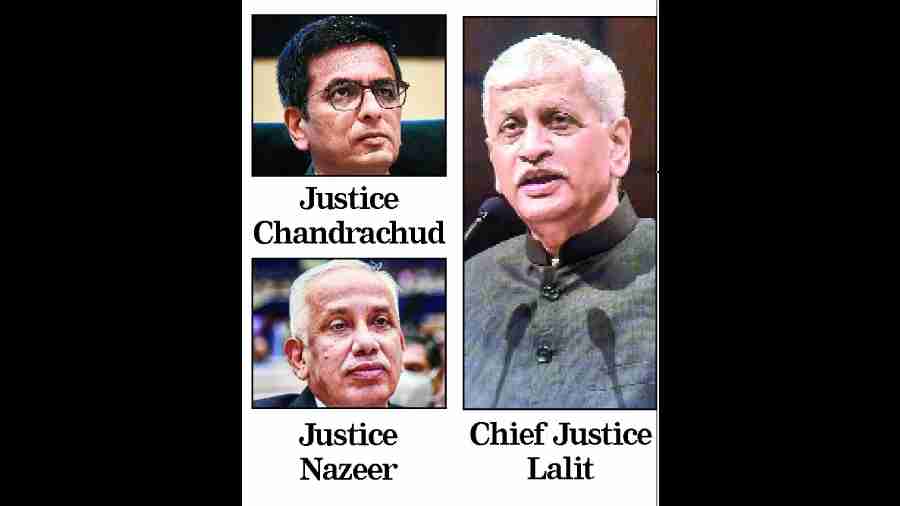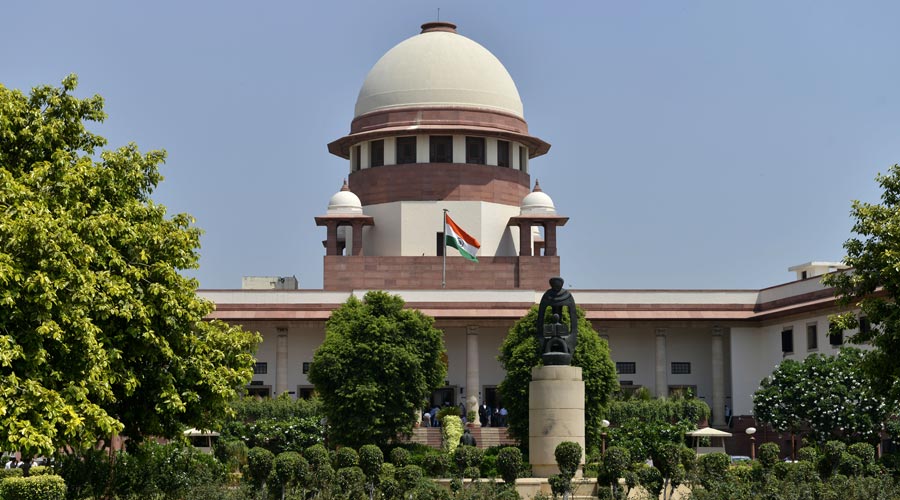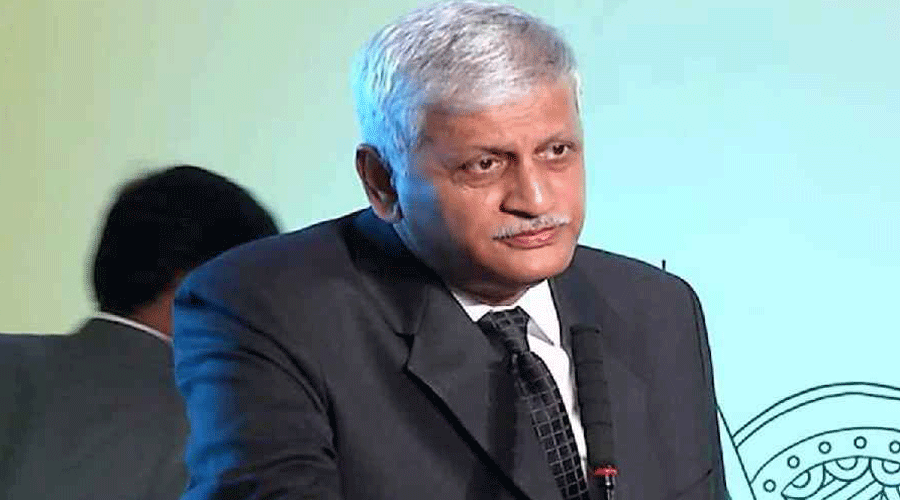The Supreme Court collegium has issued an unprecedented statement acknowledging differences between Chief Justice of India U.U. Lalit and two senior judges over the procedure adopted last month to select candidates for appointment as apex court judges.
Justice D.Y. Chandrachud and Justice S. Abdul Nazeer had objected to the CJI’s never-before act of circulating his written recommendations among the collegium members for their approval, instead of adopting the standard procedure of across-the-table discussions, the statement/ resolution says.
This happened after the scheduled September 30 meeting of the collegium was aborted because Justice Chandrachud could not attend it.
The resolution, signed by all five collegium members, says the entire exercise to assess 10 candidates for filling four apex court vacancies had thereafter to be “closed without any further deliberations” following the Union law ministry’s October 7 request to Justice Lalit to recommend his successor.
Once a CJI has only a month left of his tenure — which is when he is asked to name a successor — convention dictates that he or she stop chairing collegium meetings. Justice Lalit is due to retire on November 7.
The matter can now be taken up only after the next CJI — Justice Chandrachud is to succeed Justice Lalit — reconstitutes the collegium with a new member.
According to the resolution, dated October 9 but made public on October 10, Justice Sanjay Kishan Kaul and Justice K.M. Joseph, the remaining two collegium members, had supported the CJI’s approach of circulating files.

New system
Earlier on September 26, the collegium had introduced a new system of assessing high court judges for elevation to the Supreme Court on the basis of the judgments penned by them.
There was no such convention before, with the judges picked on the basis of their overall competence without any particular emphasis on the quality or number of judgments they had penned.
Meetings of the collegium — a panel of the Supreme Court’s five senior-most judges that selects candidates for appointment as judges to the apex court and high courts — are confidential and held within closed doors. While its decisions and recommendations are made public, the deliberations have always been kept under wraps.
Never had a statement such as the October 9 resolution been published before. The statement came after media reports about differences among the collegium members.
Only once before had any disagreement among the five senior-most apex court judges been made public, but it related not to any proceedings of the collegium but to the allotment of cases.
In January 2018, Justice J. Chelameswar, Justice Ranjan Gogoi, Justice Kurian Joseph and Justice Madan B. Lokur had held a media conference and accused then Chief Justice Dipak Misra of allotting key cases to a select few junior judges.
The October 9 resolution says: “For filling up vacancies of judges in the Supreme Court, informal deliberations had been going on for some time and a formal meeting took place on September 26, 2022, when the names of eleven judges were considered.
“As there was unanimity of opinion on the name of Mr Justice Dipankar Dutta, Chief Justice, High Court of Bombay, a resolution to that effect was passed and the consideration of the names of other ten judges was deferred till September 30, 2022.
“Though the procedure of circulating the judgments of the prospective candidates and making an objective assessment of their relative merit was introduced for the first time in the meeting held on September 26, 2022, and though the name of Mr Justice Dipankar Dutta was also cleared in that meeting, a demand was raised by some of the members of the collegium that we should have more judgments of the other candidates.
“Therefore, the meeting was postponed to September 30, 2022, and more judgments were circulated. In continuation of the deliberations that took place on September 26, 2022, the postponed meeting of the collegium was convened on September 30, 2022 at 4.30pm.
“However, since one of the members (Hon’ble Dr Justice D.Y. Chandrachud) did not attend the meeting, the CJI sent a proposal vide letter dated 30-09-2022 by way of circulation.
“The proposal received the approval of Hon’ble Mr Justice Sanjay Kishan Kaul and Hon’ble Mr Justice K.M. Joseph vide their respective letters dated 01-10-2022 and 07-10-2022. By separate letters dated 01-10-2022, Hon’ble Dr Justice D.Y. Chandrachud and Hon’ble Mr Justice S. Abdul Nazeer, objected inter alia to the method adopted in the letter dated 30.09.2022.
“The letters of Hon’ble Dr Justice Chandrachud and Hon’ble Mr Justice S. Abdul Nazeer however did not disclose any views against any of these candidates. This was brought to their Lordships’ notice and reasons were solicited and/ or alternative suggestions were invited vide second communication dated 02-10-2022 addressed by the CJI. There was no response to said communication.
“Thus, the proposal initiated by the CJI had concurrence from Hon’ble Mr Justice Sanjay Kishan Kaul and Hon’ble Mr Justice K.M. Joseph. Hon’ble Dr Justice D.Y. Chandrachud and Hon’ble Mr Justice S. Abdul Nazeer had objected to the process of selection and appointing judges by circulation. The matter was, therefore, ideally suited to have a discussion across the table amongst the judges forming the collegium.
“In the meantime, a letter dated October 7, 2022, has been received from the Hon’ble Union law minister requesting the CJI to nominate his successor to take over the office of CJI w.e.f. November 9, 2022. In the circumstances, no further steps need be taken and the unfinished work in the meeting called for September 30, 2022, is closed without there being any further deliberation. The meeting dated September 30, 2022, stands discharged.”











